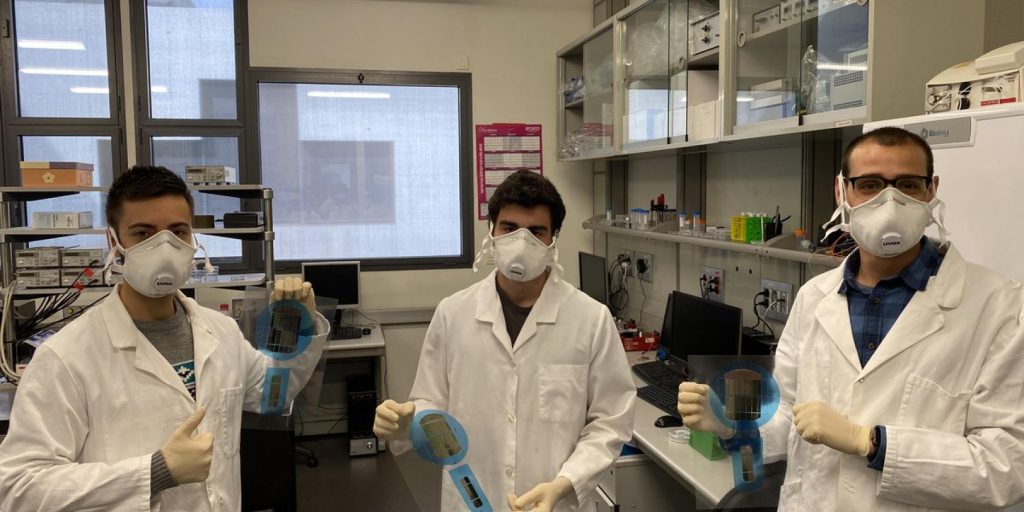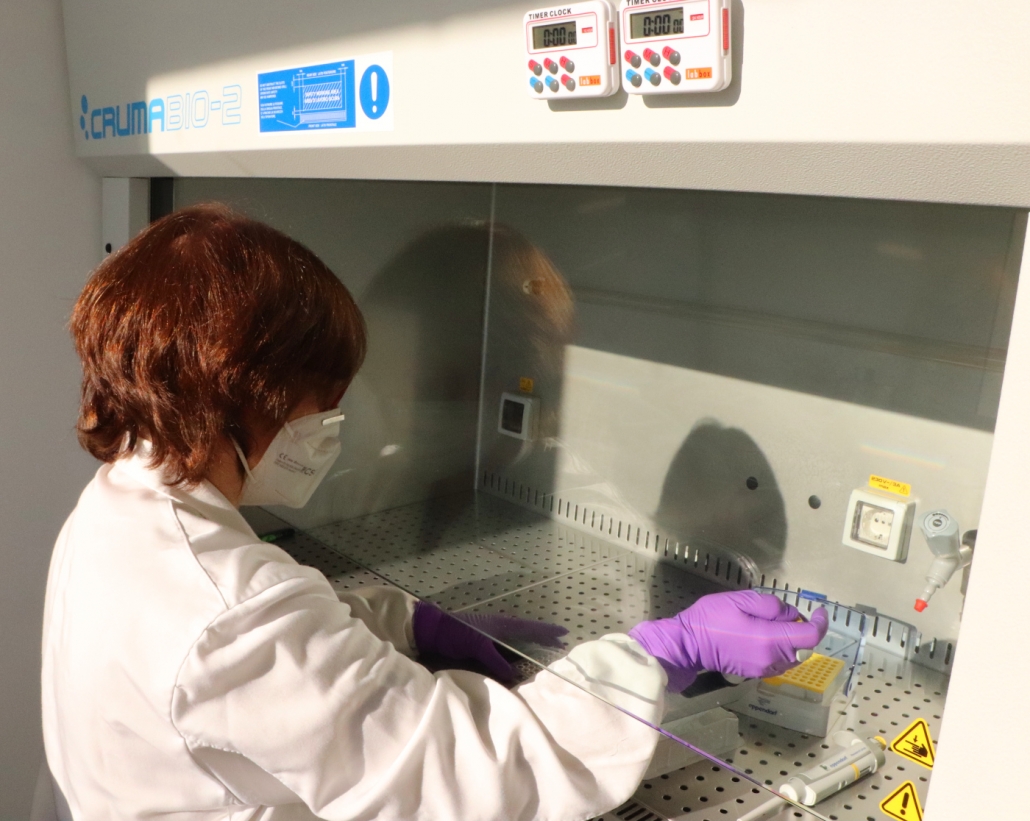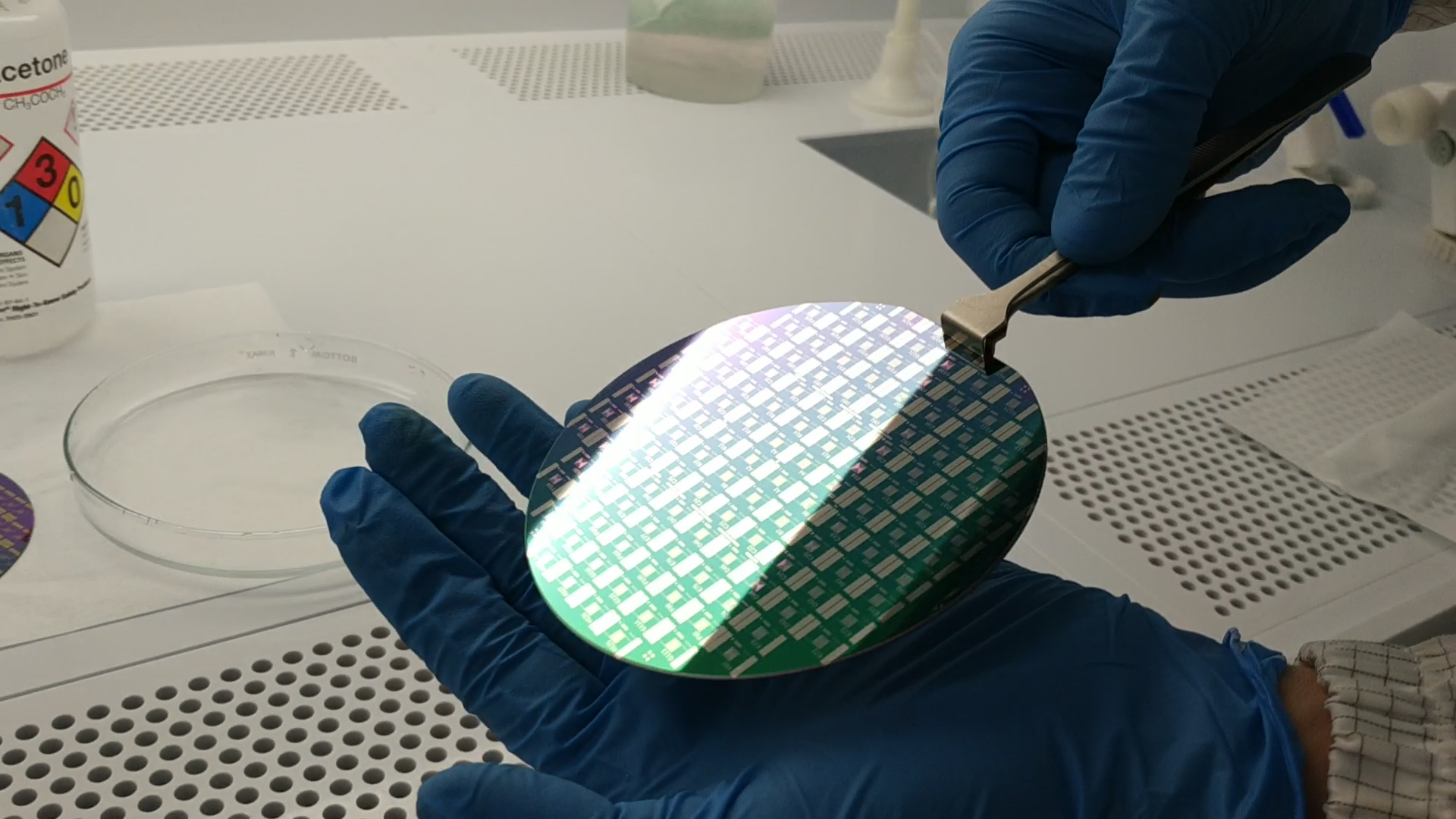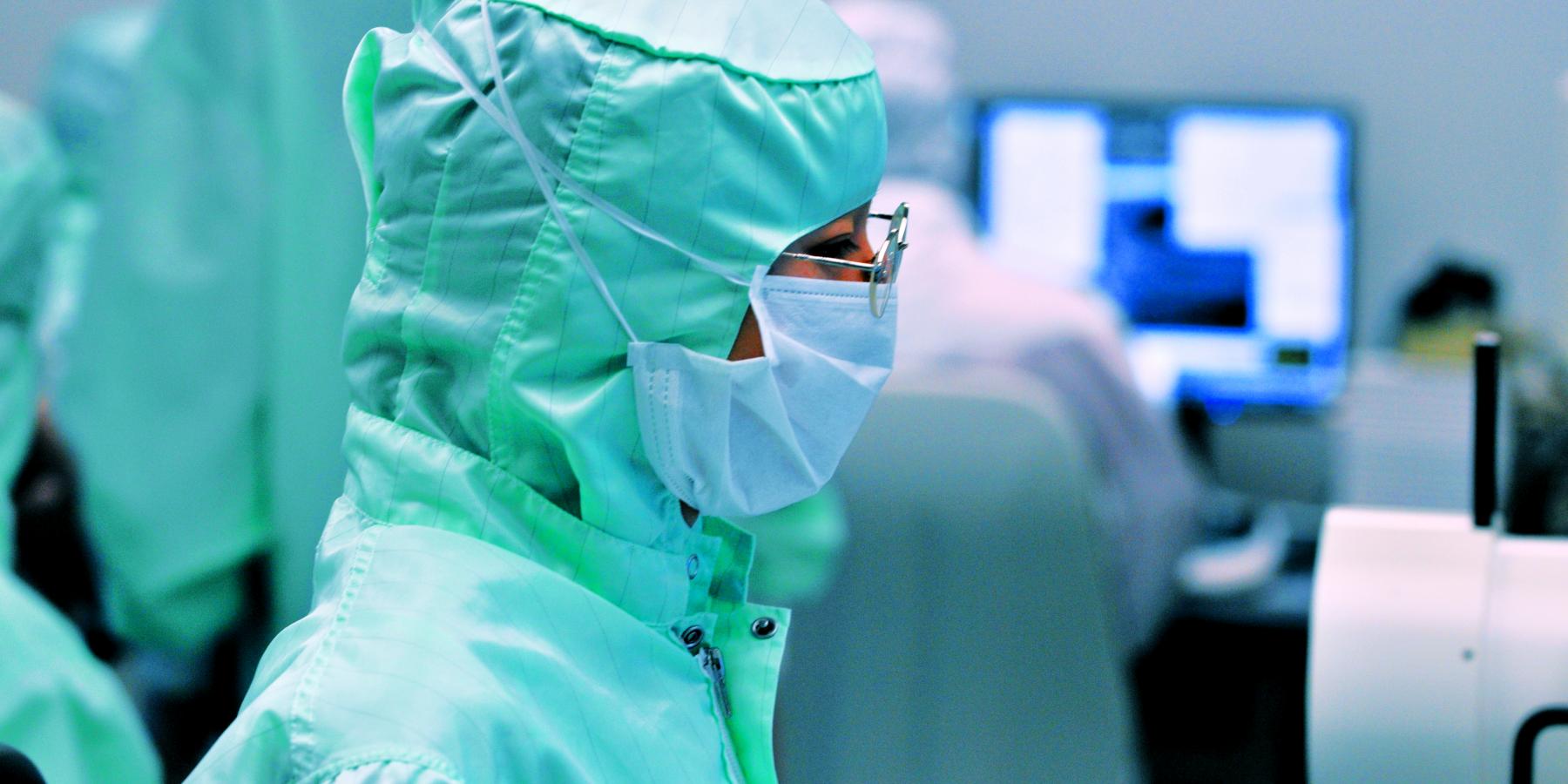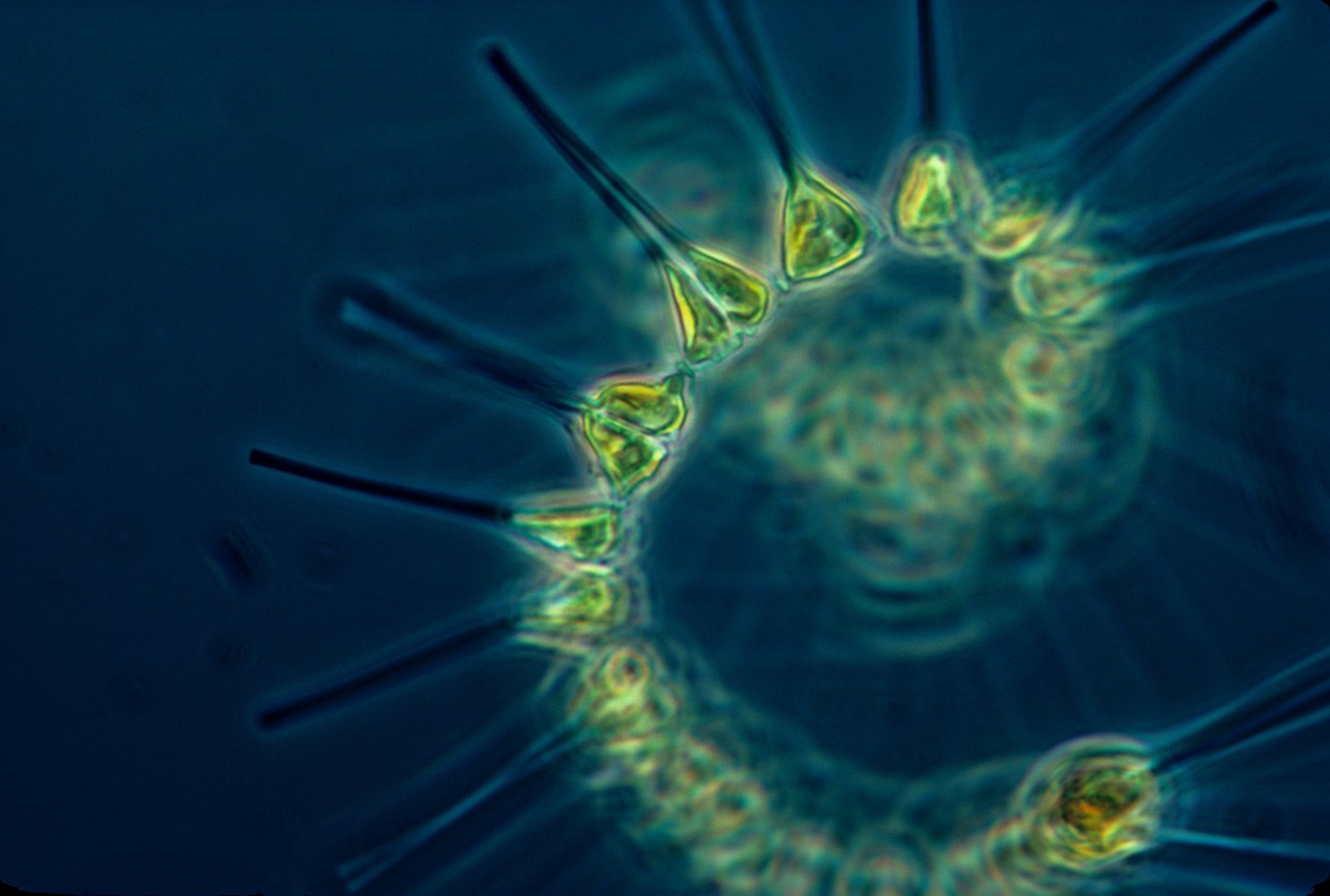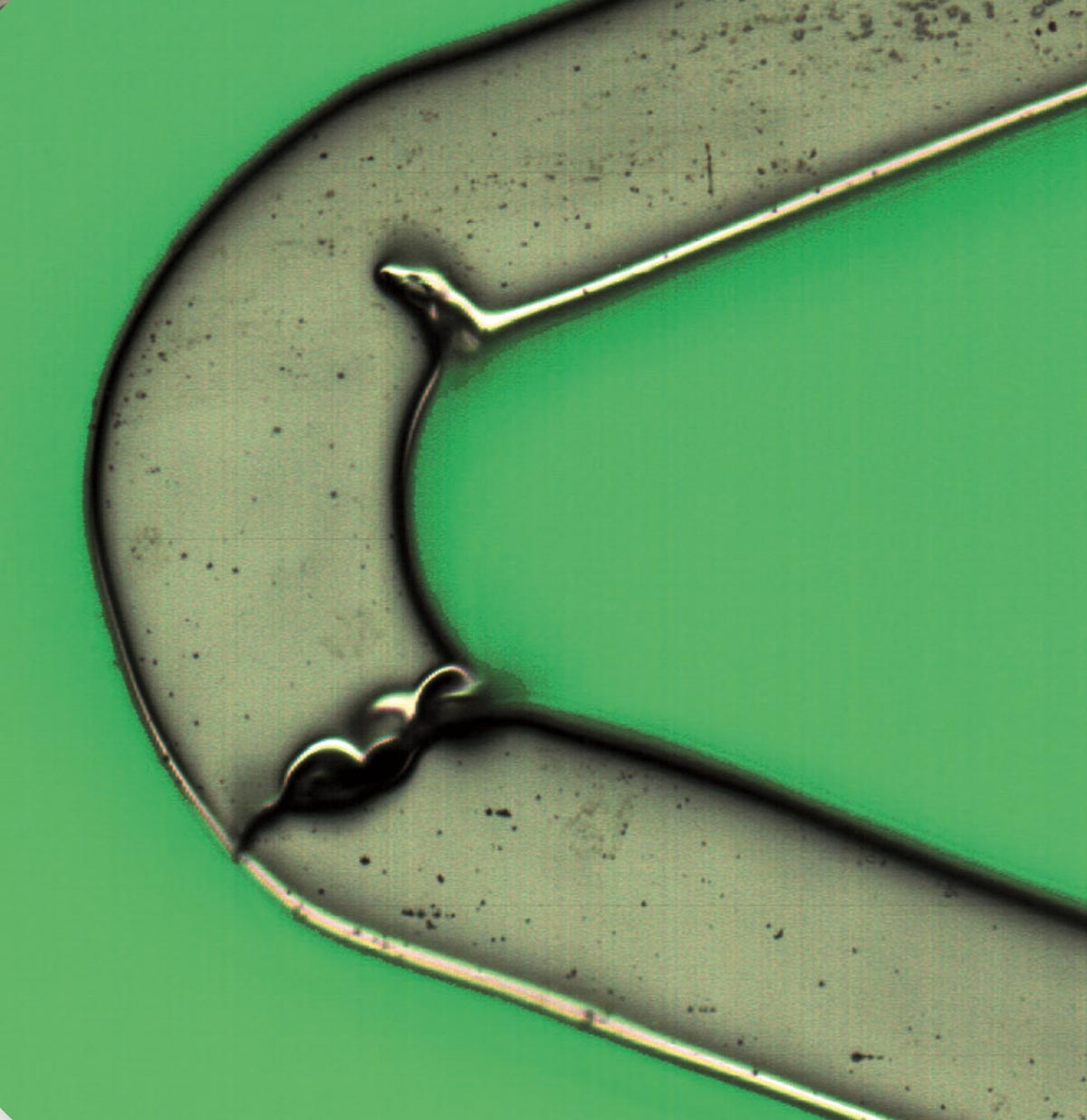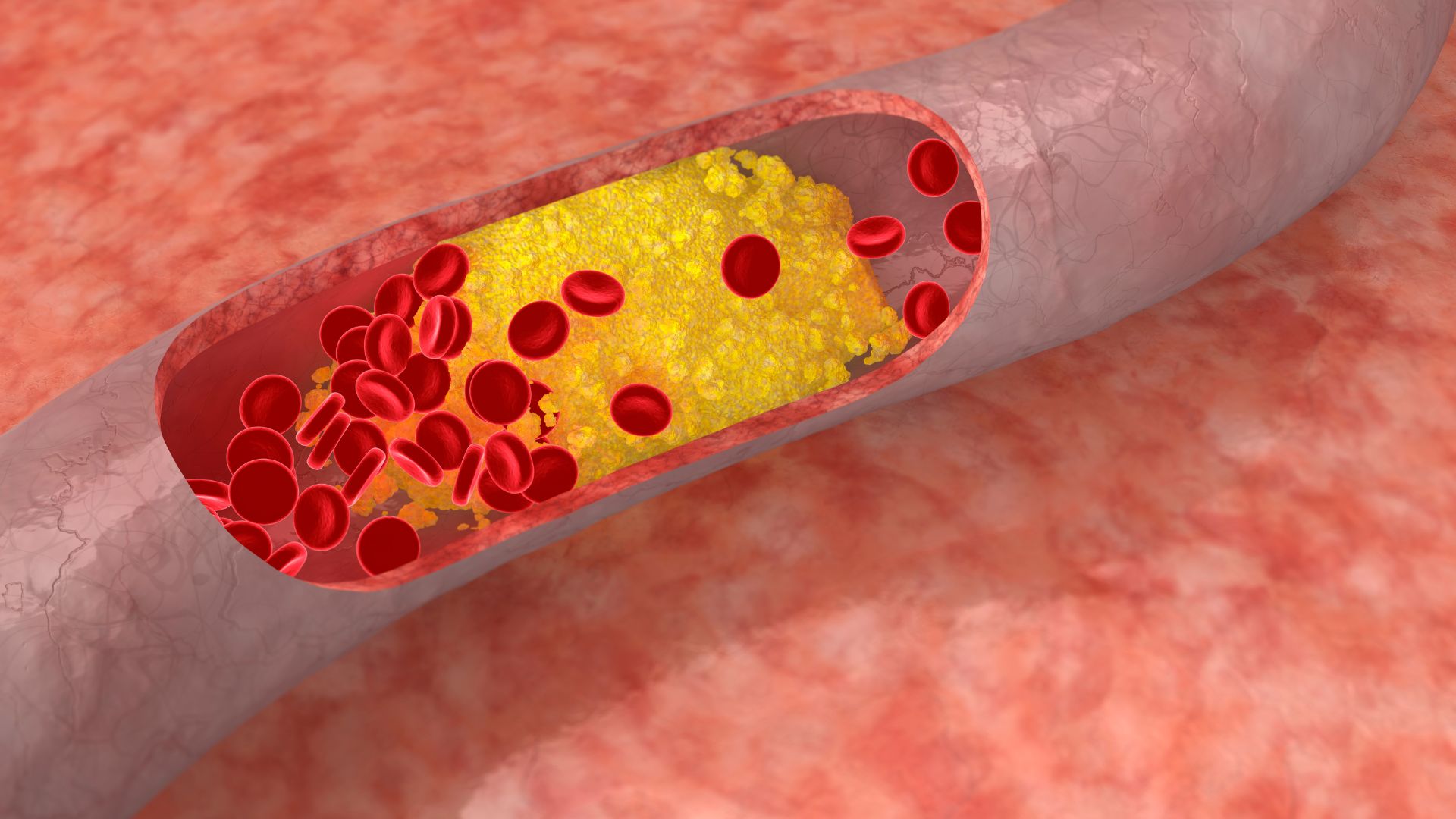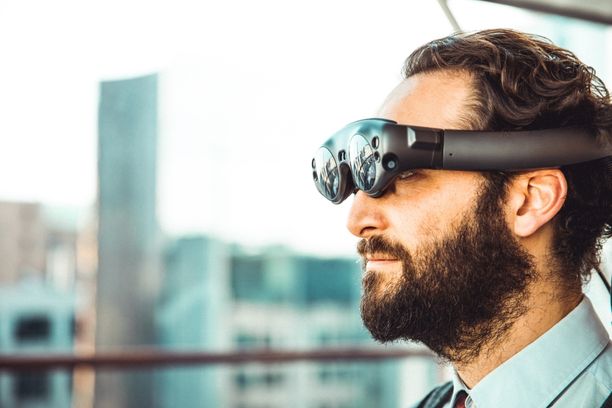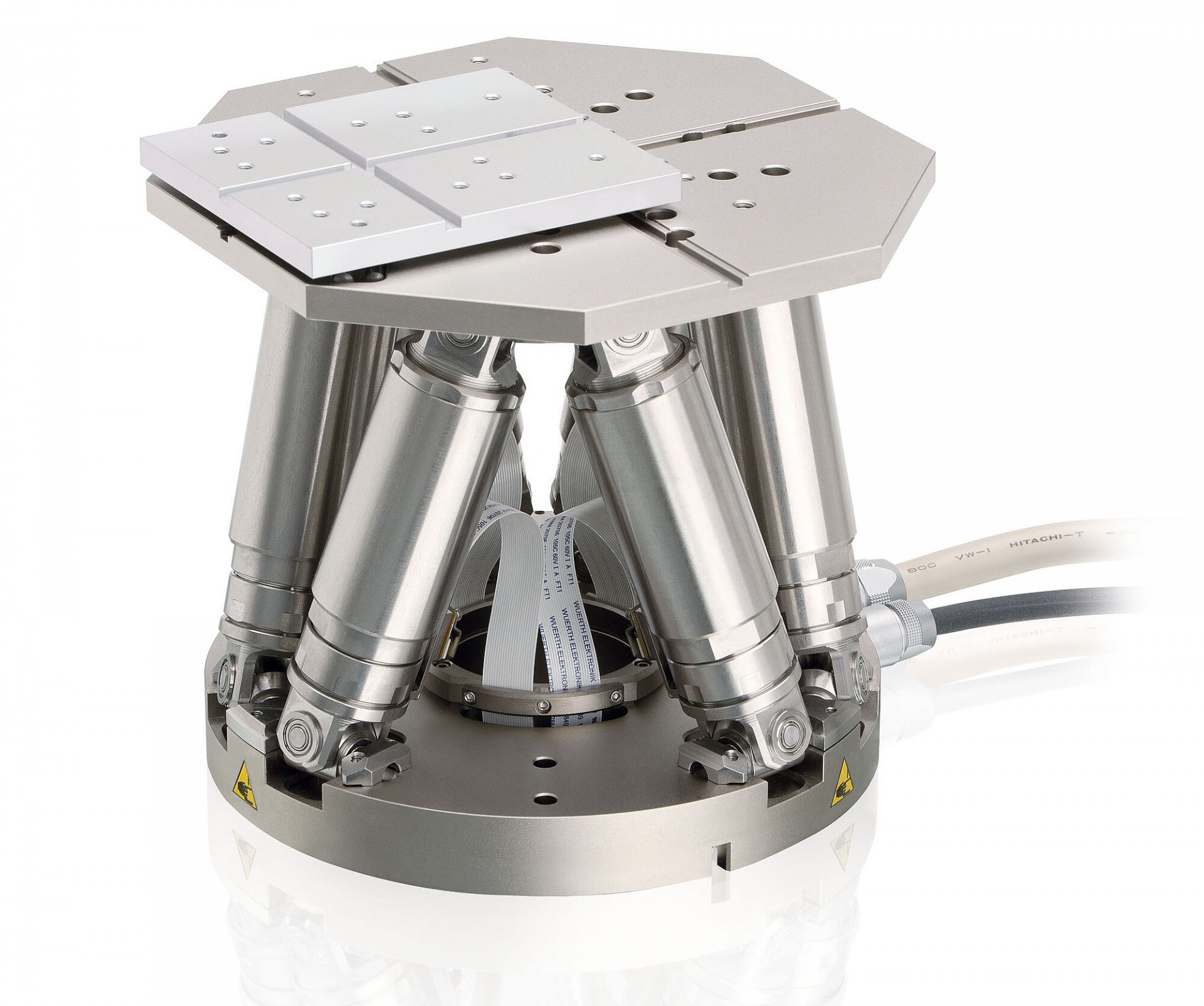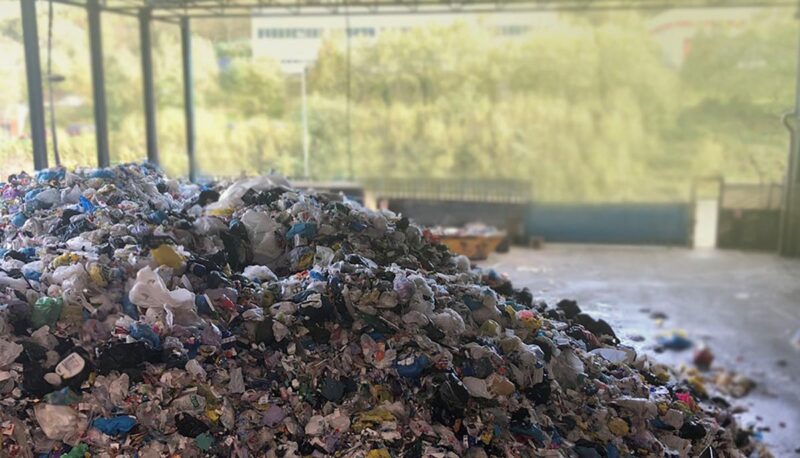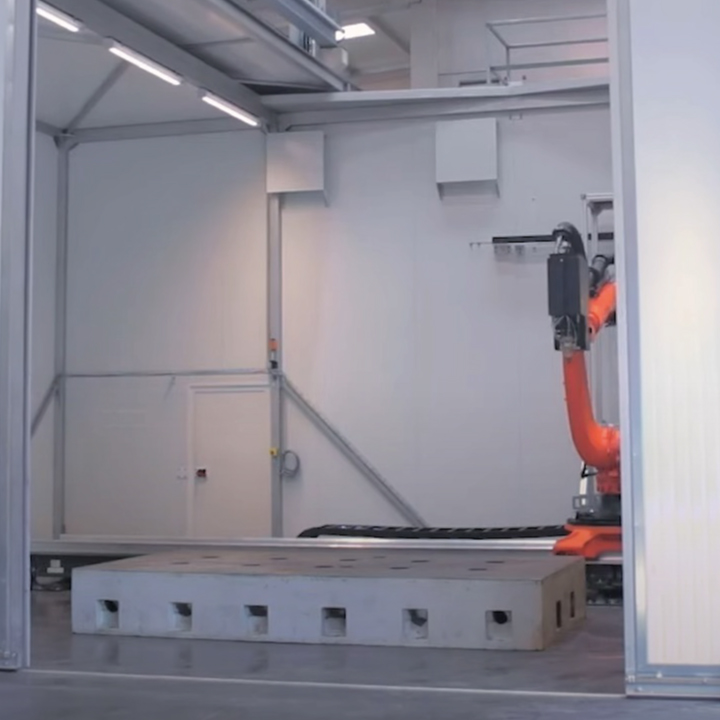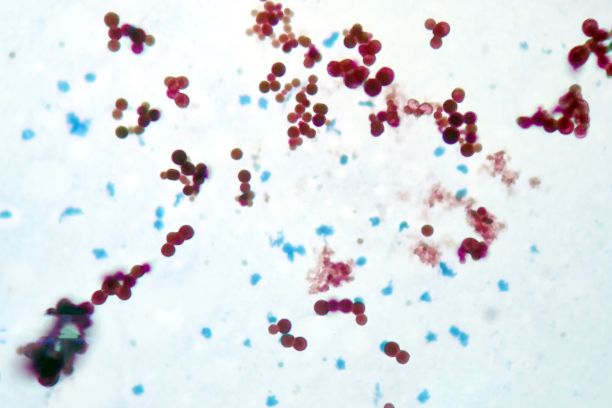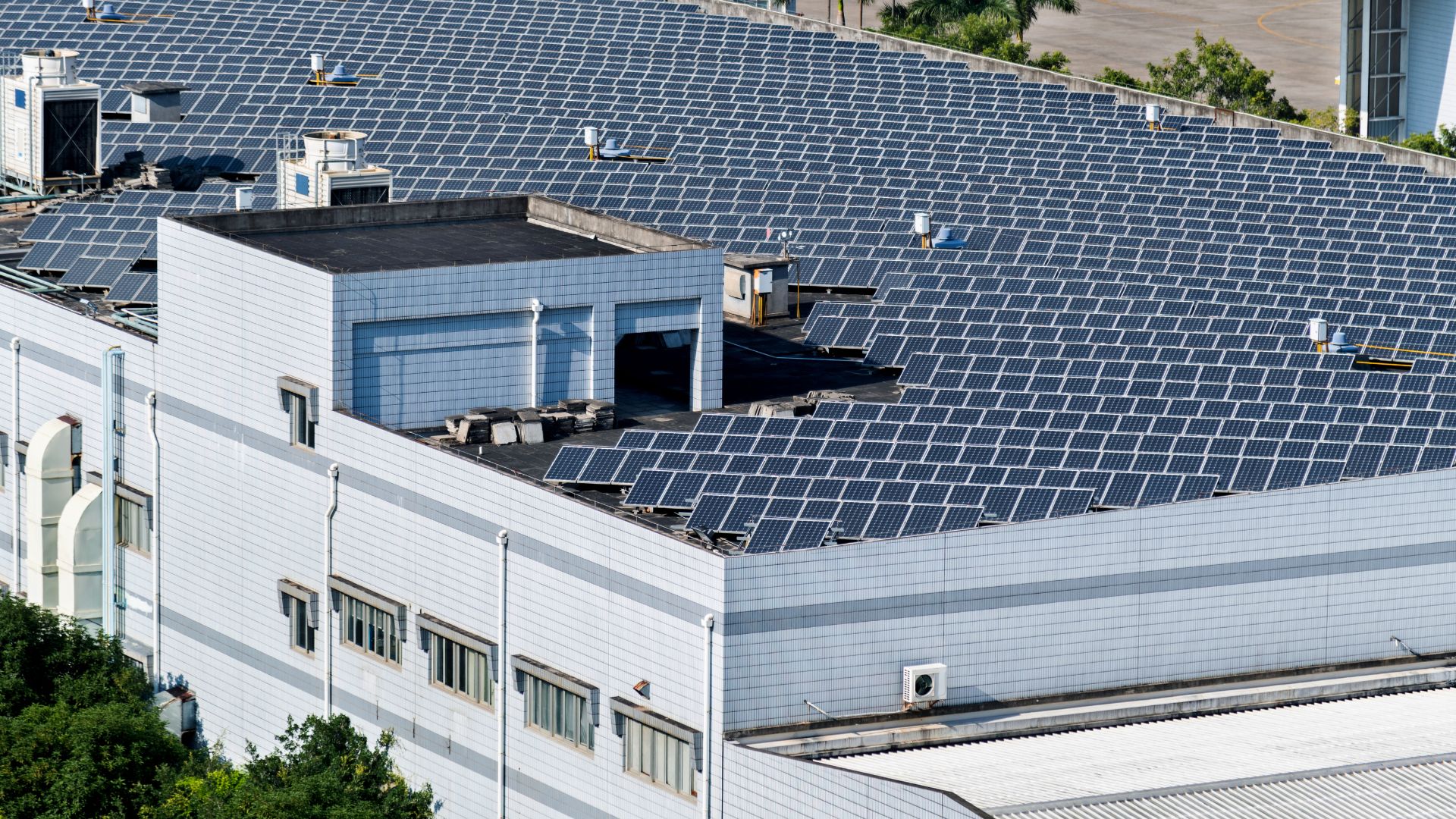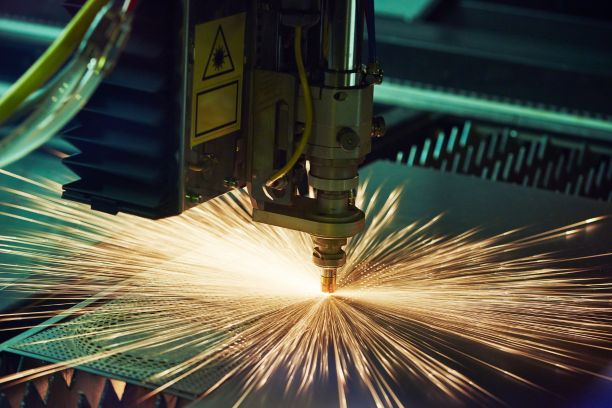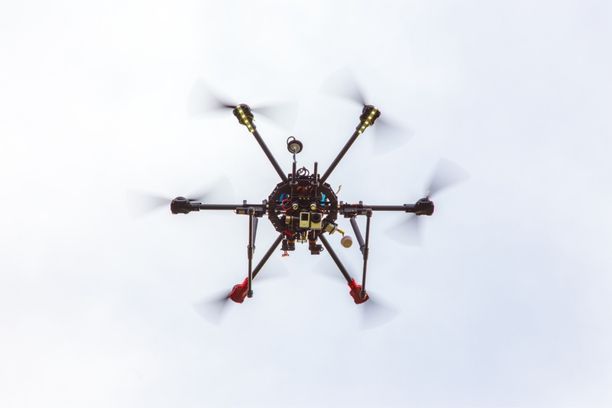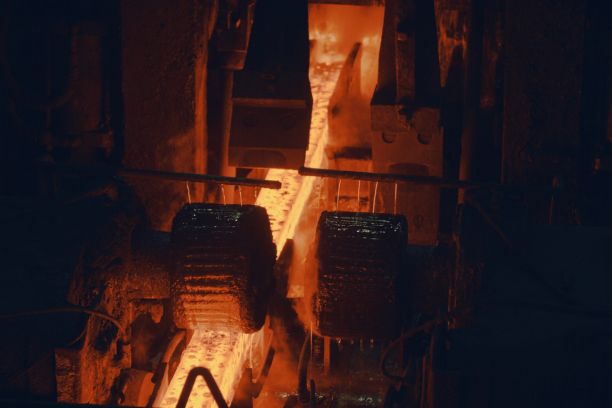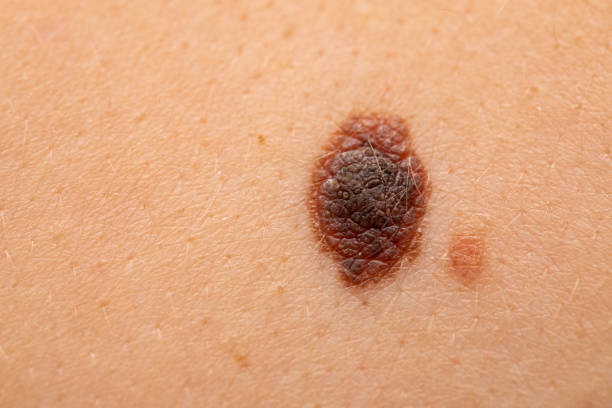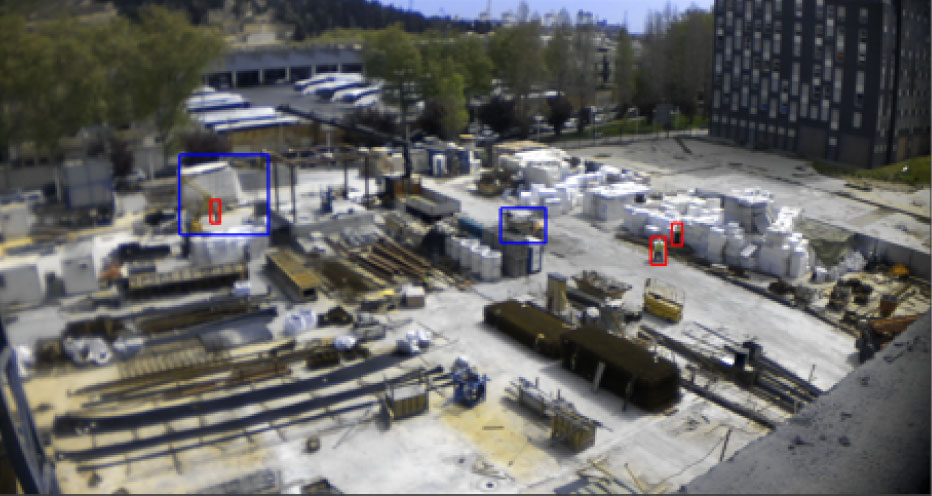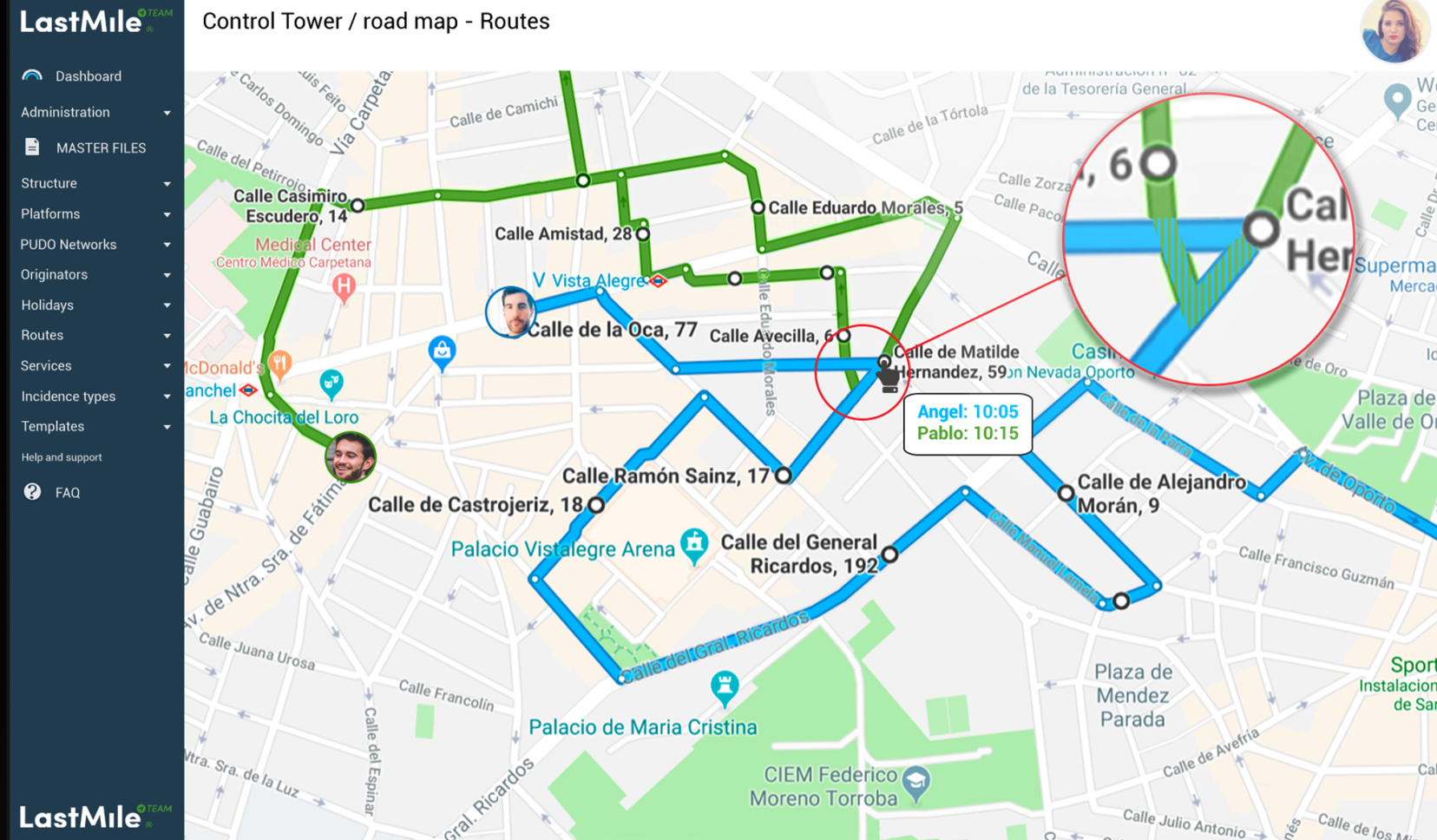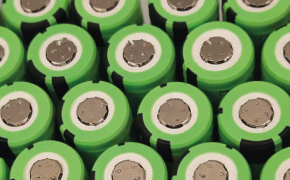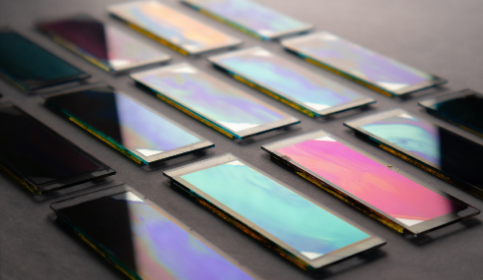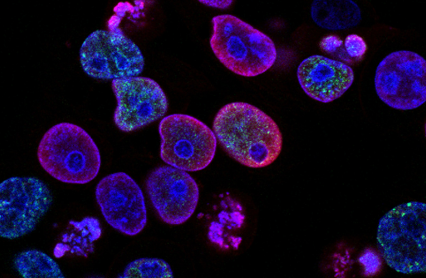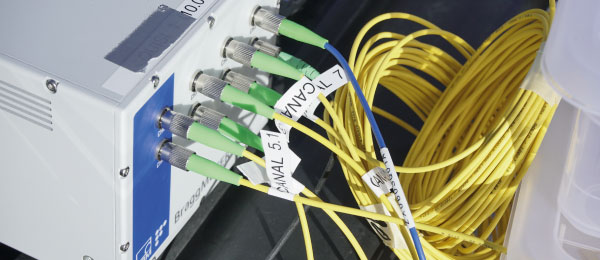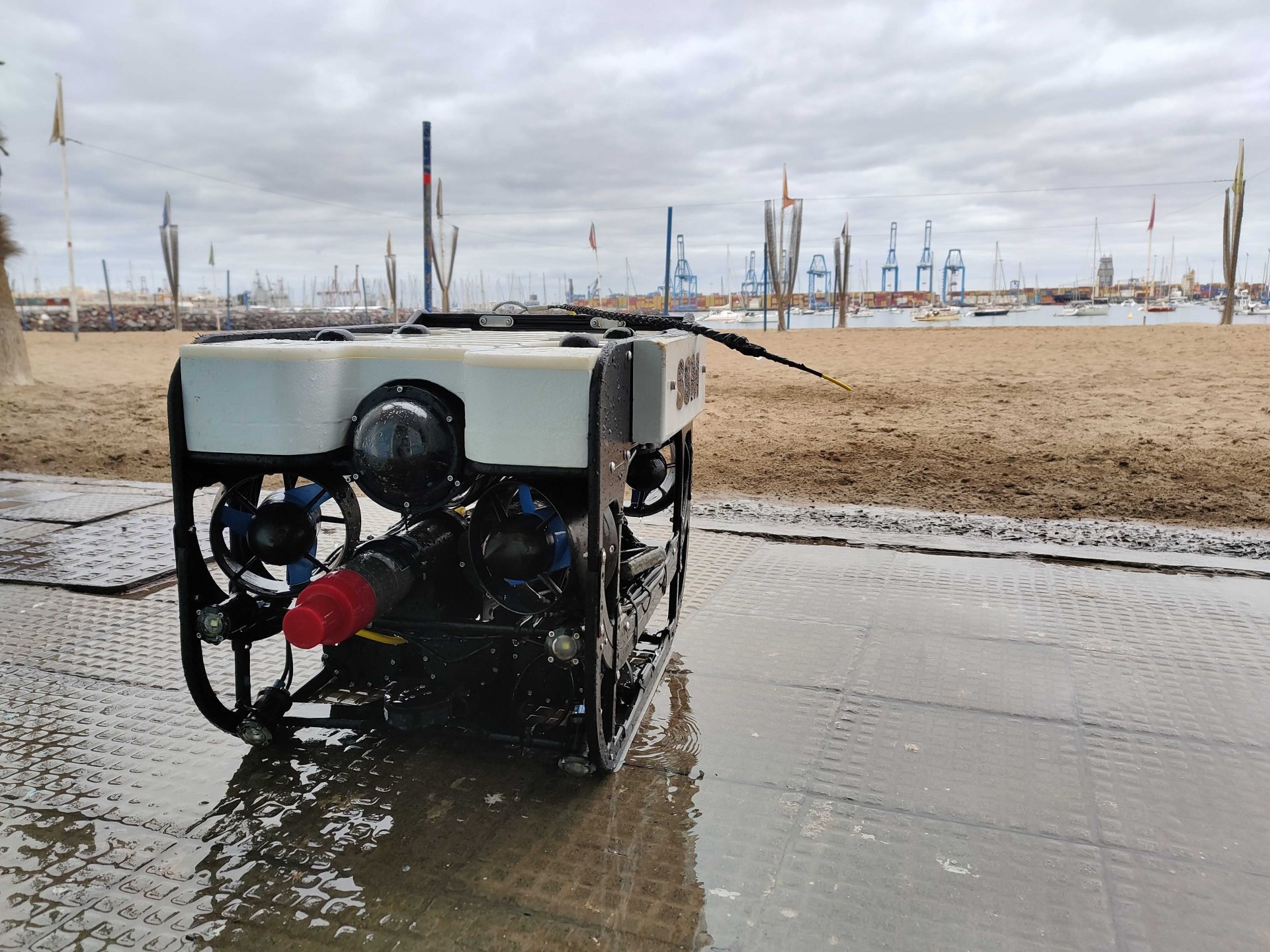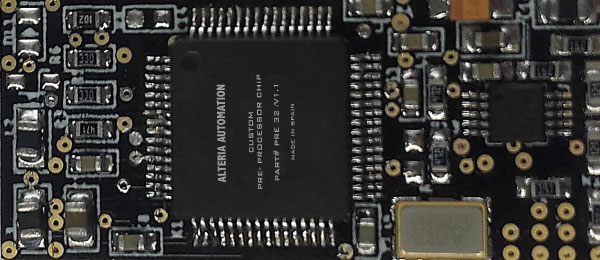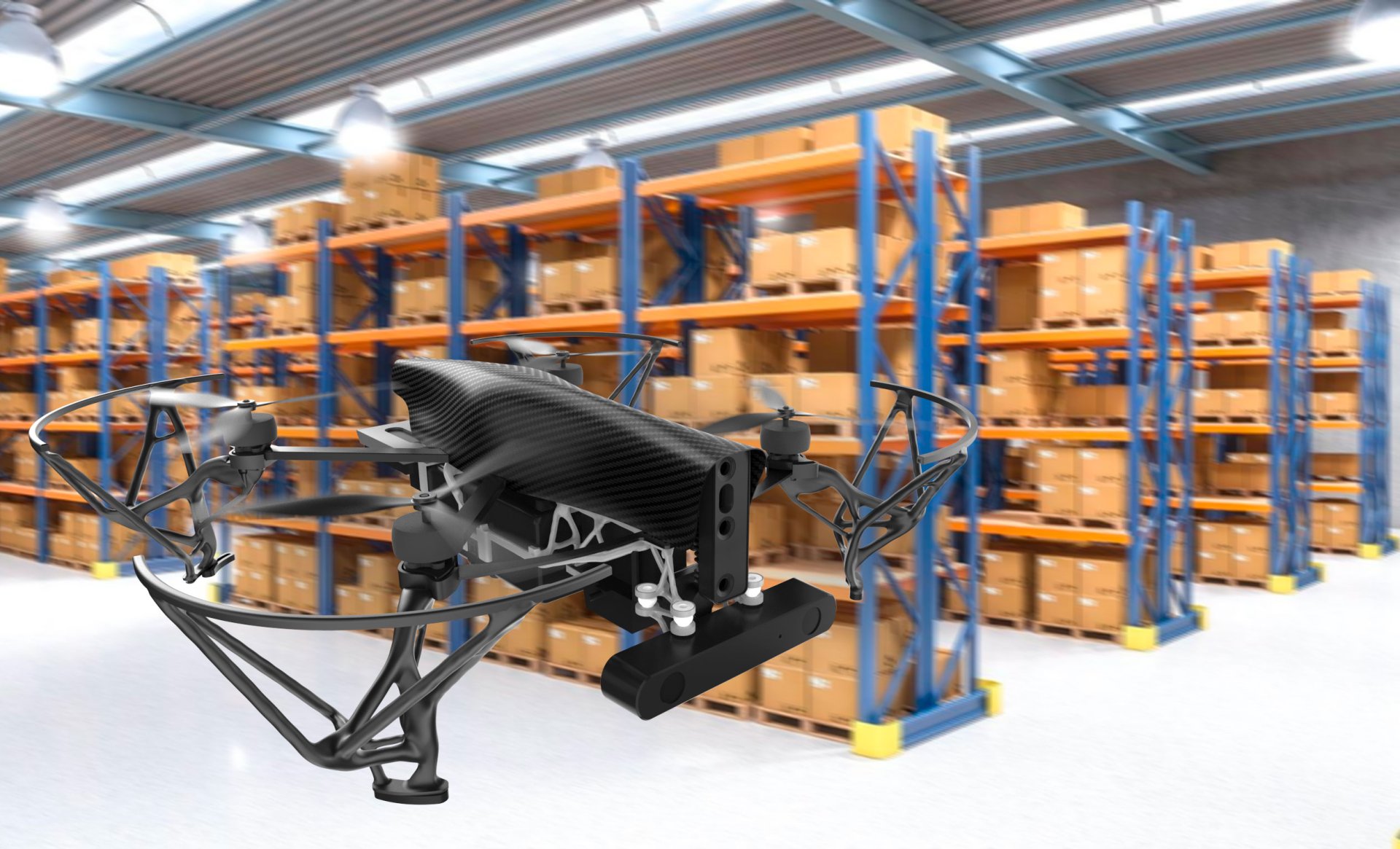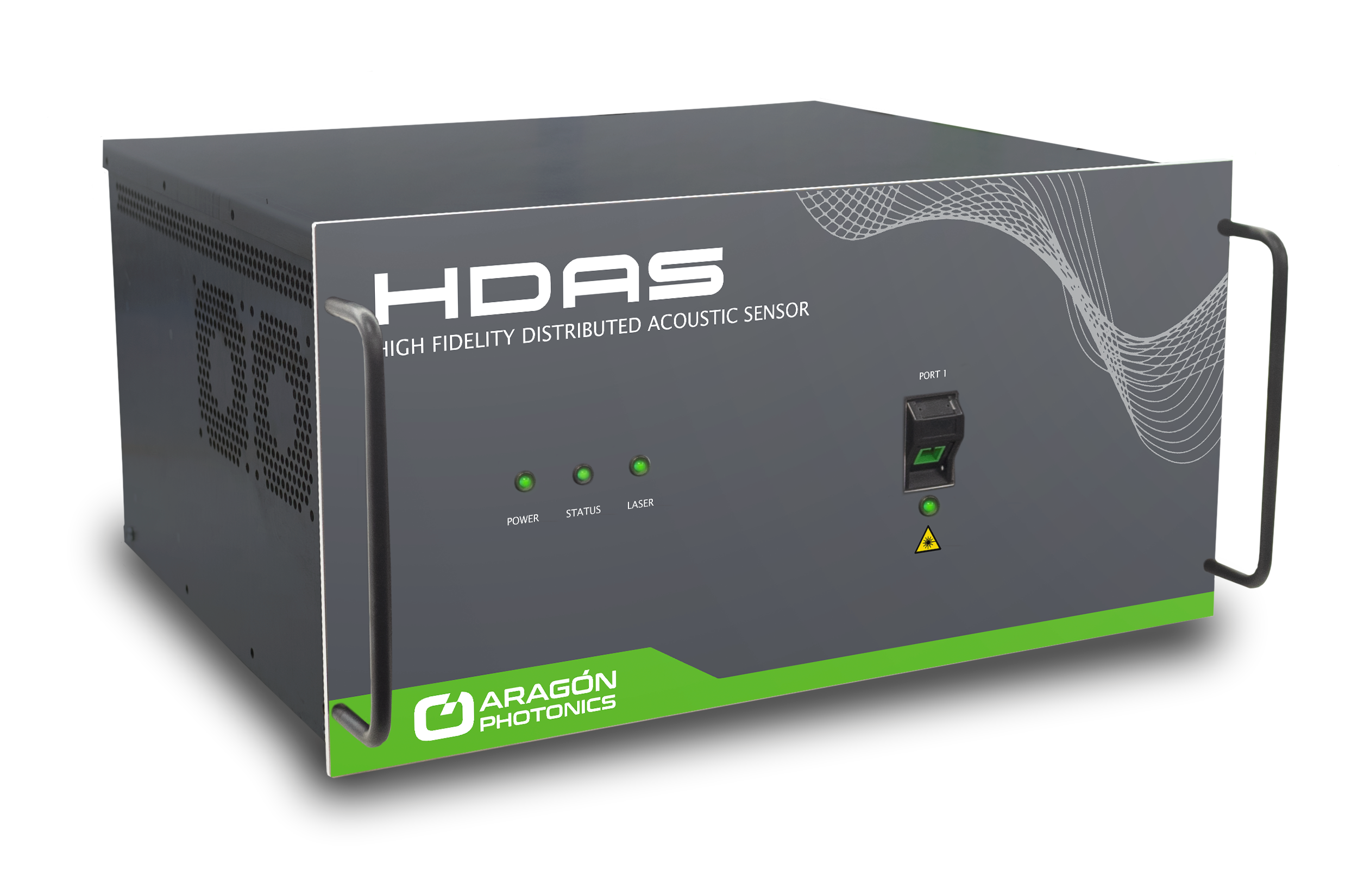Silicon technology in the fight against Covid-19
The Point-of-care tests for the rapid detection of SARS-CoV-2 (POC4CoV) aims to provide diagnostic technologies for Covid-19 based on electrochemical biosensing.
The POC4CoV project aims to develop Point-of-Care (POC) devices for rapid and reliable in vitro diagnosis of SARS-COV-2 infection by using multiplexed systems and particular biomolecular probes. For this purpose, POC technology platforms will be used in combination with specific capture biomolecules and nanobiotechnological probes (enzymatic bioconjugates and plasmonic and magnetic biofunctionalised nanoparticles), which will allow the simultaneous detection of different biomarkers (viral RNA and antigens, IgM and IgG) related to Covid-19 disease. The biomolecular complexes will be collected at specific points on the devices where electrochemical or optical signals will be recorded. This project involves the Institute of Microelectronics of Barcelona (IMB-CNM-CSIC), the Institute of Advanced Chemistry of Catalonia (IQAC-CSIC), and the Institute of Materials Science of Aragon (ICMA).
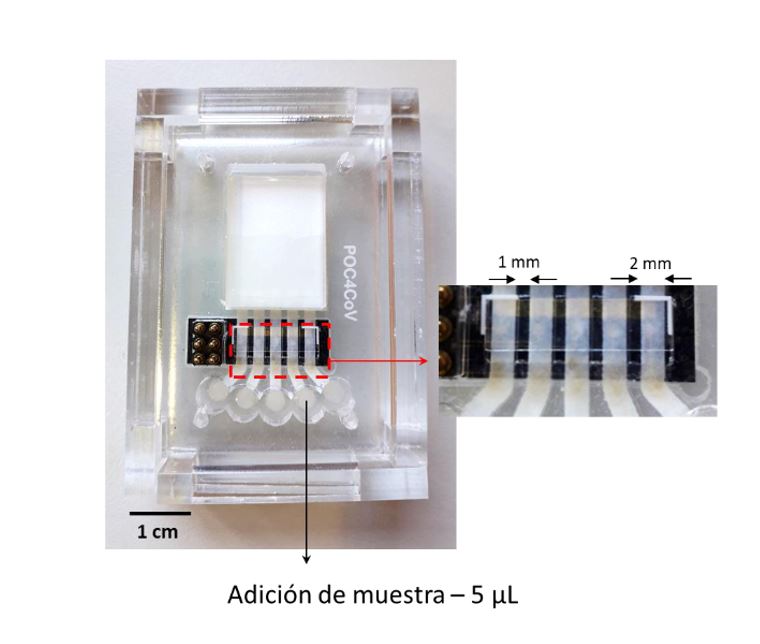
In the clean room of the Institute of Microelectronics of Barcelona (IMB-CNM, CSIC), arrays of electrochemical cells with two thin-film metal electrodes on silicon substrates have been developed using microfabrication technology. These arrays have been integrated with a microfluidic component in a very simple way in order to produce a compact and low-cost device in which to perform specific immunoassays and hybridisation reactions that allow the reliable multiplexed detection of SARS-CoV-2 related biomarkers and require minimal user intervention. The device will respond to the different biomarkers identified in less than 60 min and will allow simultaneous detection of those identified as most relevant for detecting the virus infection and its stage.
